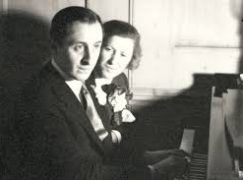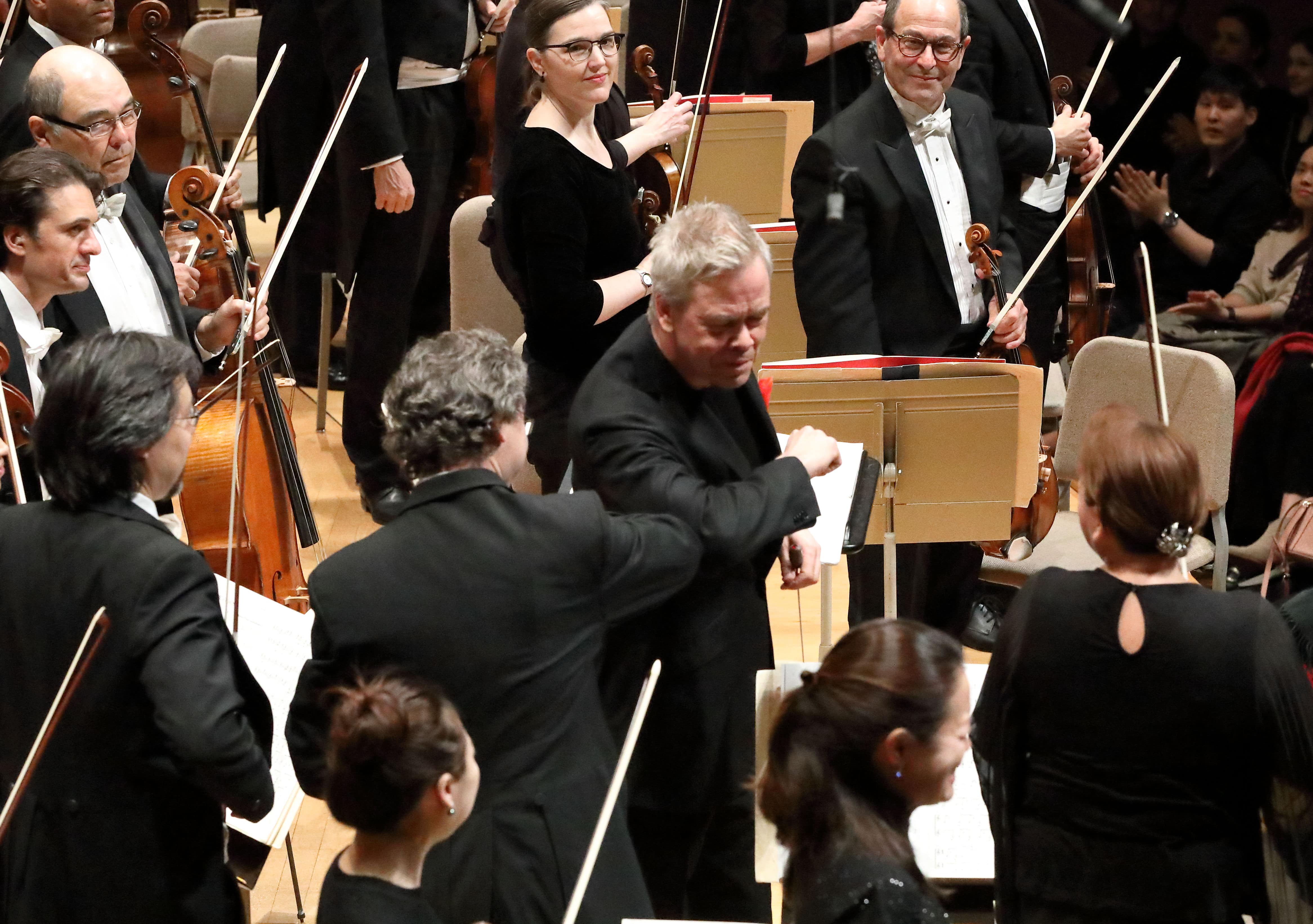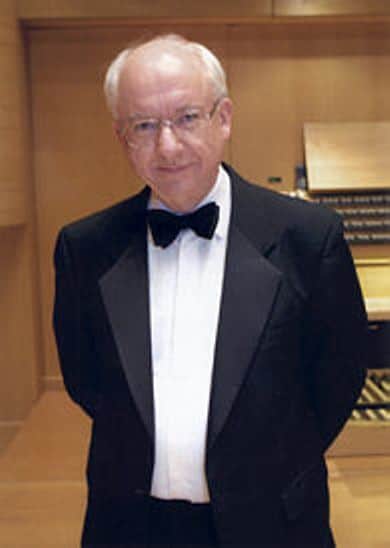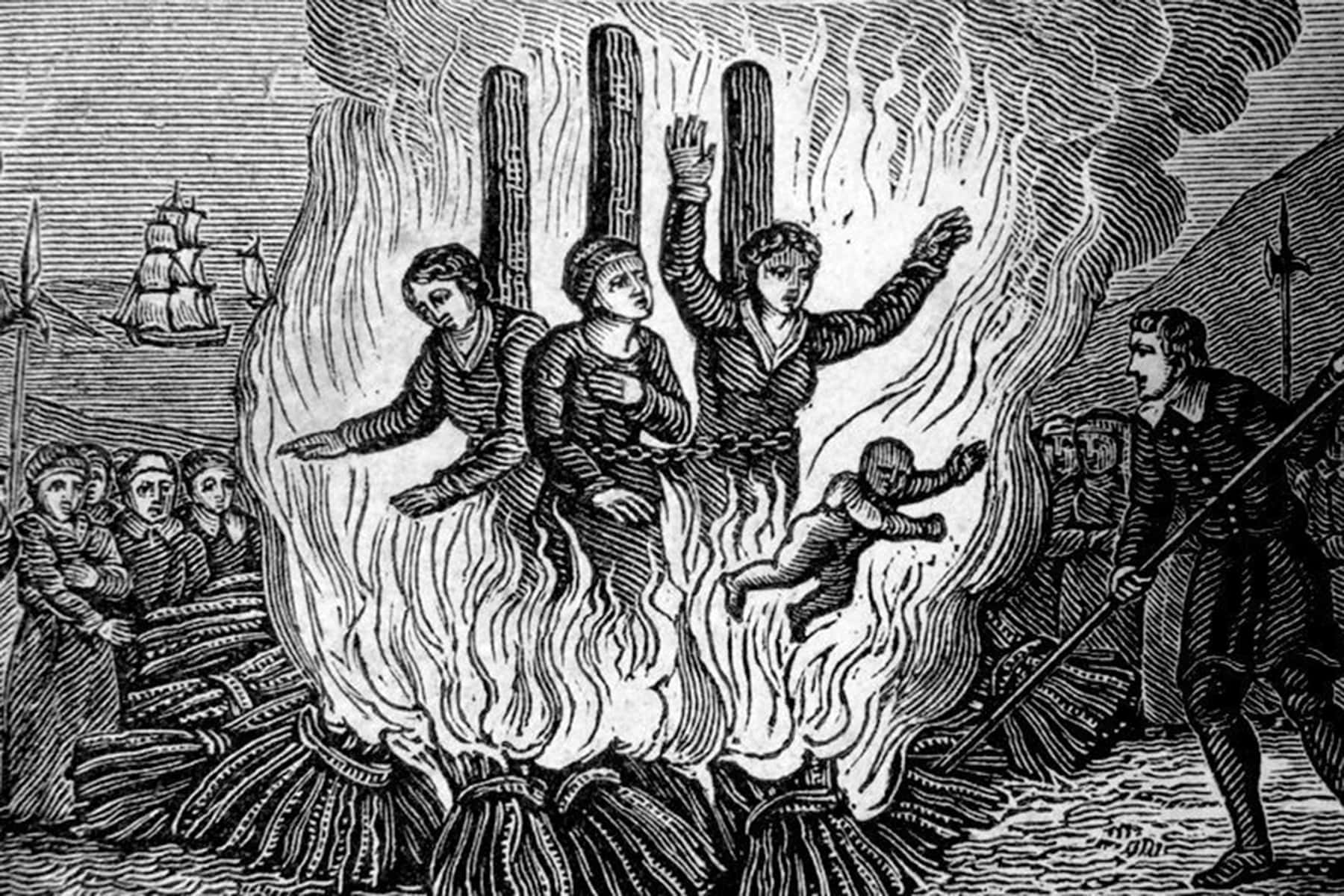Watch: Horowitz and the pianist who disappeared
mainRare video was posted roday of a Mozart duet played by Vladimir Horowitz with Gitta Gradova, a pianist who vanished from the music scene in 1942, never to be heard in public again.
Admired by Rachmaninov and Toscanini, Gradova apparently succumbed to demands from her physician husband to give up the career and devote herself to family.
Her son believes the decision almost destroyed her.
This private tape is dated Chicago, 1950.
Anyone in Chicago remember hearing her play?






Comments